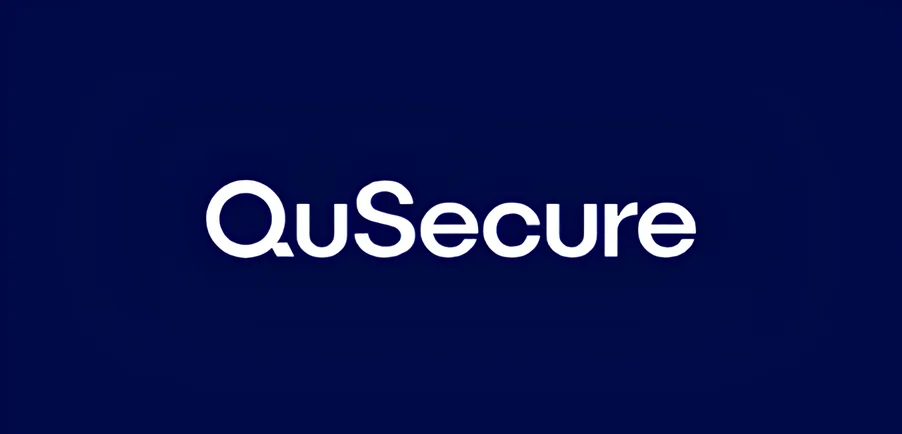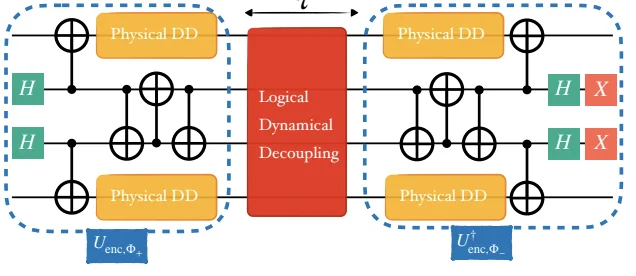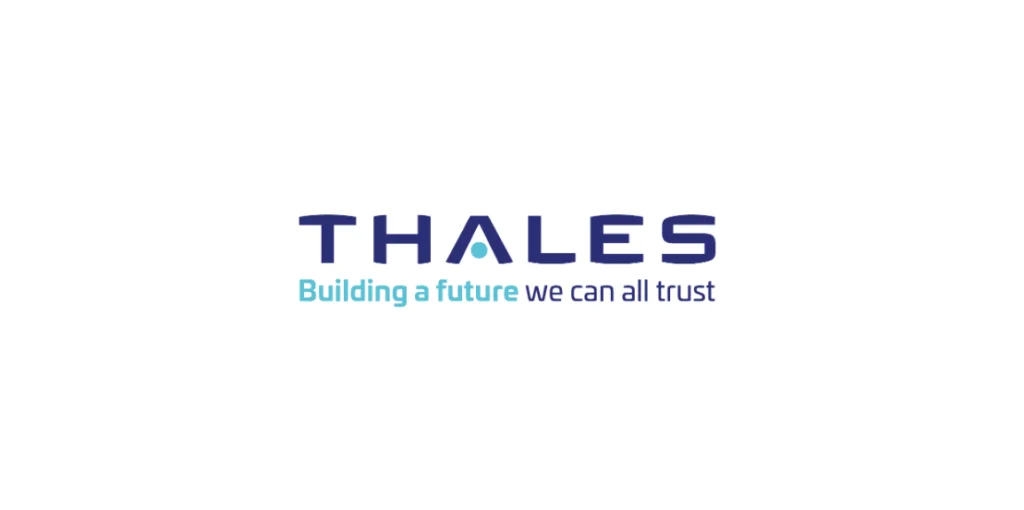From specialized hardware to software simulations, Nvidia is working hard to make quantum computing accessible to everyone. Through their efforts, they hope to transform how people think about and use computers for complex tasks. In this article, we’ll take a look at Nvidia’s quantum computing efforts and how they are paving the way for an exciting future.
How Nvidia Started With Quantum Computing?
NVIDIA is a leading technology company that specializes in designing and manufacturing high-performance computing hardware, software, and AI solutions. The company was founded in 1993 by Jensen Huang, Chris Malachowsky and Curtis Priem and is widely known for its graphics processing units (GPUs), which are used in a variety of applications, including gaming, data centres, and scientific research. In recent years, NVIDIA has been exploring the field of quantum computing
Nvidia introduced a quantum circuit simulation SDK called cuQuantum in 2021. cuQuantum has been designed to speed up all circuit simulation frameworks and is integrated into Cirq, Qiskit Pennylane, Orquestra and others.
It is reported by the company that it is possible to simulate ideal or noisy qubits using cuQuantum with a scale and performance that is not possible with current quantum hardware.

Some of the world’s largest companies such as Google Quantum AI and IBM and national labs with names like Oak Ridge, Argonne, Lawrence Berkeley National Laboratory, and Pacific Northwest National Laboratory utilize CuQuantum in the quantum ecosystem, as well as academic institutions, quantum startups, and supercomputing centres, too.
NVIDIA’s Quantum Computing Technology
Announced in March 2023, NVIDIA DGX Quantum is the first GPU-accelerated quantum computing system in the world. Powered by the NVIDIA Grace Hopper Superchip and the open-source CUDA Quantum programming model, NVIDIA DGX Quantum combines a powerful accelerated computing platform with Quantum Machines’ OPX quantum control platform.
Using this combination, researchers can build applications that integrate quantum computing with classical computing, which allows for calibration, control, quantum error correction, and hybrid algorithms.
In essence, DGX Quantum features an NVIDIA Grace Hopper GPU connected to a Quantum Machines OPX+ via PCIe, offering sub-microsecond latency between GPUs and QPUs.This technology enables researchers to develop extremely powerful applications that combine quantum computing with classical computing, enabling calibration, control, quantum error correction, and hybrid algorithms.
A union of a high-performance GPU from NVIDIA and the company’s own Grace CPU enables Grace Hopper to power giant AI and HPC workloads at scale. For applications running terabytes of data, the company states it offers up to 10x greater performance, giving quantum-classical researchers the power to solve their complex problems like never before.
NVIDIA Quantum Optimized Device Architecture (QODA) Platform (CUDA as of 2023)
In 2022 NVIDIA released QODA (now the CUDA platform), designed as a hybrid quantum-classical programming model that makes quantum computing more accessible. In addition to improving scientific productivity and facilitating greater scale in quantum research, QODA is an open and combined environment for some of today’s most powerful computers and quantum processors.
With the help of NVIDIA DGX systems and a large installed base of NVIDIA GPUs available in scientific supercomputing centres and public clouds, experts in HPC and AI can integrate quantum computing easily into existing applications, taking advantage of both current quantum processors and simulations of future quantum machines.
Does NVIDIA Have Quantum Computing Patents?
As you can see from above, NVIDIA DGX Quantum is the first GPU-accelerated quantum computing system in the world, so we should presume the company has registered a patent for this technology.
NVIDIA’s Quantum Partners & Competitors
There is a wide range of groups utilizing CuQuantum in the quantum ecosystem, including supercomputing centres, academic groups, quantum startups, and some of the largest companies in the world.
It was announced that NVIDIA has partnered with quantum hardware companies Anyon Systems, Atom Computing, IonQ, ORCA Computing, Oxford Quantum Circuits, and QuEra to integrate CUDA Quantum into their platforms. Quantum software companies include Agnostiq and QMware while there are several supercomputing centres such as the National Institute of Advanced Industrial Science and Technology, the IT Center for Science (CSC) and the National Center for Supercomputing Applications (NCSA) that have partnered with NVIDIA.
Additionally, in 2022 at the Q2B conference in Tokyo, NVIDIA announced QODA collaborations with quantum hardware providers IQM Quantum Computers, Pasqal, Quantinuum, Quantum Brilliance and Xanadu, software provider QC Ware and Zapata Computing, as well as supercomputing centres QC Ware and Zapata Computing.
On the competitor front, multinationals invested in quantum like Microsoft, IBM, Google etc seem to be NVIDIA’s greatest competitors in the field.
In a YouTube video released last year “NVIDIA’s Special Address at Q2B”, Director of HPC & Quantum Product at NVIDIA Tim Costa presented use cases for cuQuantum, which included BMW optimizing robot pathfinding and routing, large consultancy companies Deloitte and SoftServe developing applications in quantum machine learning to solve customer problems in both materials and drug discovery and Fujifilm leveraging quantum to explore tensor network methods for Material Science simulation with 1000s of qubits.
You may also like:
- NVIDIA Announces New System for Accelerated Quantum-Classical Computing
- NVIDIA Says Unified Computing Platform Will Speed Up Quantum R&D
- NVIDIA Says It’s Building a Onramp to the Hybrid Quantum Future
Future of NVIDIA’s Quantum Computing
From drug discovery to portfolio optimization, quantum computing has the potential to offer huge leaps in computing power. This, however, will require pushing the boundaries of quantum information science through the development of algorithms, the development of quantum processors, and the creation of systems and tools that integrate quantum-classical components tightly.
Costa believes many scientists are of the attitude that hybrid solutions combining classical computing with quantum computing will lead to scientific breakthroughs and that collaborating with innovative companies like Quantum Brilliance and dozens of others will allow many more developers to access the best tools for both quantum and classical computing — tools that NVIDIA currently possess.
For more market insights, check out our latest quantum computing news here.
















